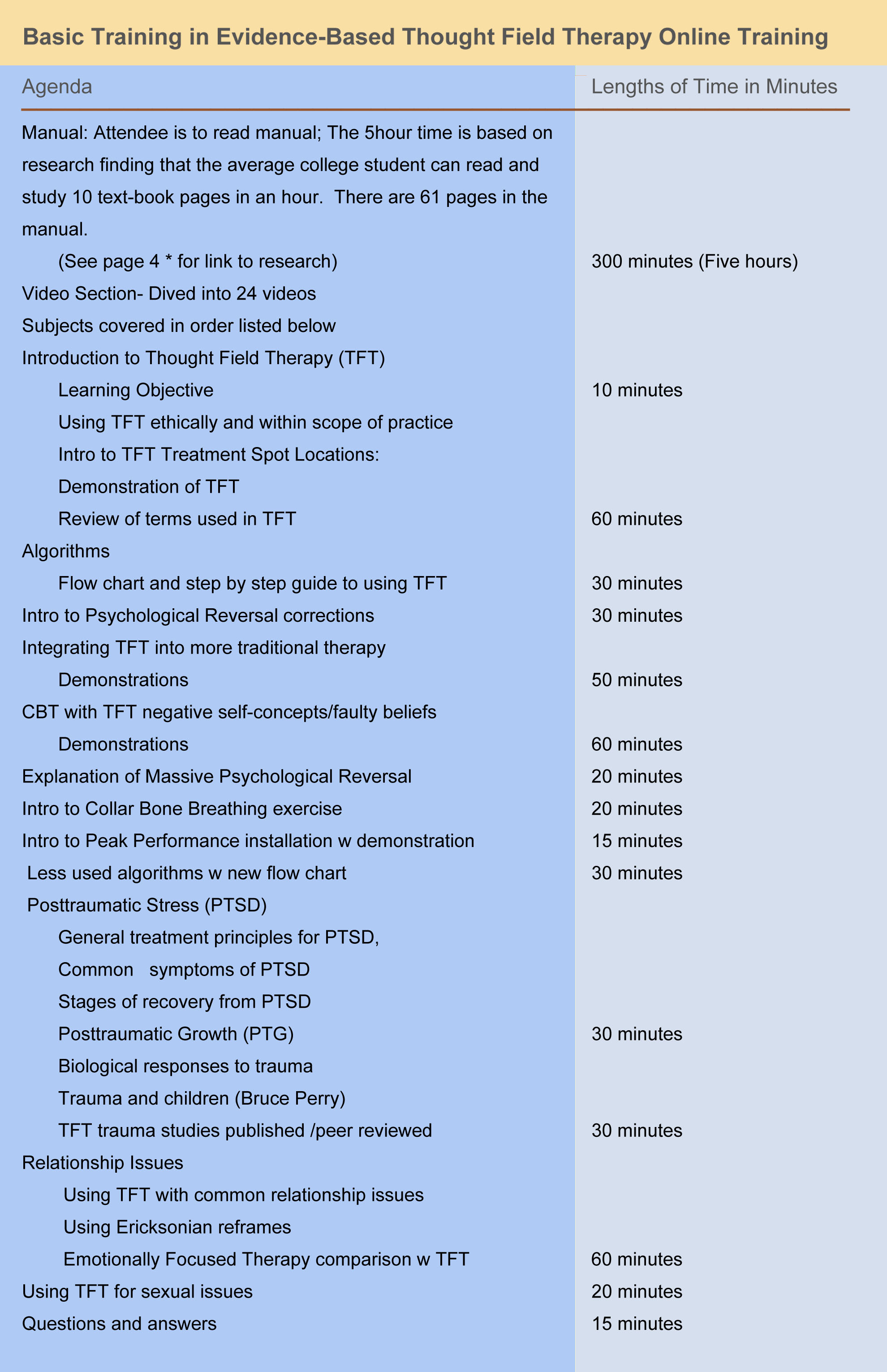
Wundt did not want to be a doctor, let alone the father of modern psychology, however, and began studying under Johannes Muller in physiology at Berlin. After just three years at University, Wundt, at only 21 years old, published some of his work in medical journals. He transferred to the University of Heidelberg just a year later and began to major in medicine.

In 1851 Wilhelm Wundt entered the University of Tubingen. His father was a Lutheran minister, and Wilhelm was homeschooled by his father’s assistant, Friedrich Muller, with who Wilhelm eventually moved in. Wilhelm Wundt was born on August 16 th, 1832, in Neckarau, Germany. This shift is what is known as the beginning of modern-day psychology, and we have Wilhelm Wundt, the father of modern psychology, to thank for that. No time had passed before other psychology laboratories began to model their methods after the Institution of Experimental Psychology. Most of these students were from Germany, but Britain and the United States were also represented at the Institution. Within months students interested in psychology began seeking out opportunities at the Institution.

Wundt was passionate about separating science from philosophy and believed that the mind’s workings could be observed through scientific experiments and analysis using object controls and measurements. The Institution was very forward-thinking for its time. This institution and Wundt himself made many advances in psychiatric treatment, which is why Wundt is known today as the father of modern psychology. In 1879, the Institute for Experimental Psychology was opened at the University of Leipzig in Germany by Wilhelm Wundt.

The late 19 th century saw a change in the way people viewed the study of psychology and how patients with mental disorders were treated.


 0 kommentar(er)
0 kommentar(er)
